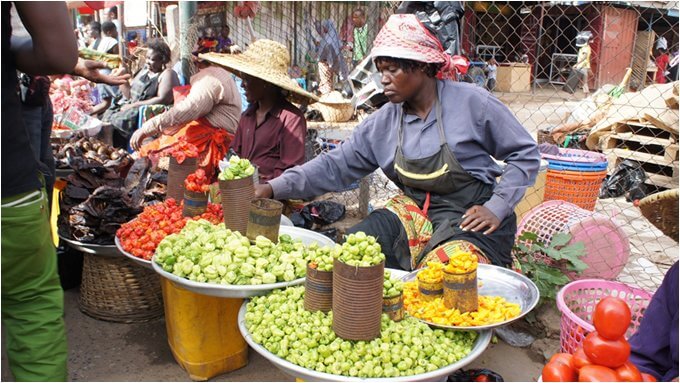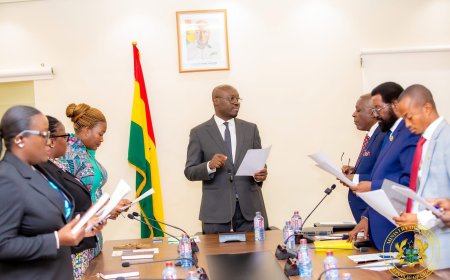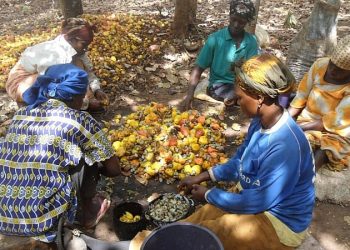Policy Rate remains at 27% as Ghana battles rising Inflation

Ghana's central bank has opted to maintain its policy rate at 27%, citing concerns over rising inflation and economic uncertainty. The decision, announced by the Monetary Policy Committee (MPC), aims to stabilize the economy and curb exchange rate fluctuations.
Inflationary pressures have been building in Ghana, driven by steep increases in food prices, exchange rate pressures, and adjustments to fuel prices and utility tariffs. The MPC noted that these factors have contributed to a slightly elevated inflation profile, which is expected to persist in the short term.
In a communique, the committee also expressed optimism that the recent appreciation of the cedi, Ghana's currency, would continue as election-related uncertainties dissipate and the central bank bolsters its foreign exchange reserves.
The MPC emphasized the importance of aligning policy measures with the ongoing International Monetary Fund (IMF) program, while also preventing recent trends from influencing long-term inflation expectations.
“Inflation projections show a slightly elevated profile driven by high and unstable food prices, pass-through of previous exchange rate pressures, fuel prices and utility tariff adjustments. The price increases in food items have been steep in the course and together with a fast-paced depreciating currency earlier on in the year have altered the inflation trajectory and stalled the disinflation process”, the MPC said in a press statement to announce the rate on Friday, November 29, 2024.
“At the time of the last MPC meeting, average inflation forecast a year ahead which stood at 19.0 percent has increased slightly to 20.1 percent at this forecast round. The horizon for inflation to get back within the target band of 6 -10 percent has slightly shifted forward to Q42025 from the orginal forecast period of Q32025. In the near-term, strengthening of the curreny will augur well for future price developments. Under the circumstances, the Monetary Policy Committee decided to keep the policy rate unchanged at 27 percent”, it added.
Ghana's inflation rate edged up to 22.1% in October 2024, driven by increases in both food and non-food inflation. The government has set a year-end inflation target of 15%, but achieving this goal may prove challenging given the current economic landscape.
Source: Florence Kyei / Lead News Online
























































